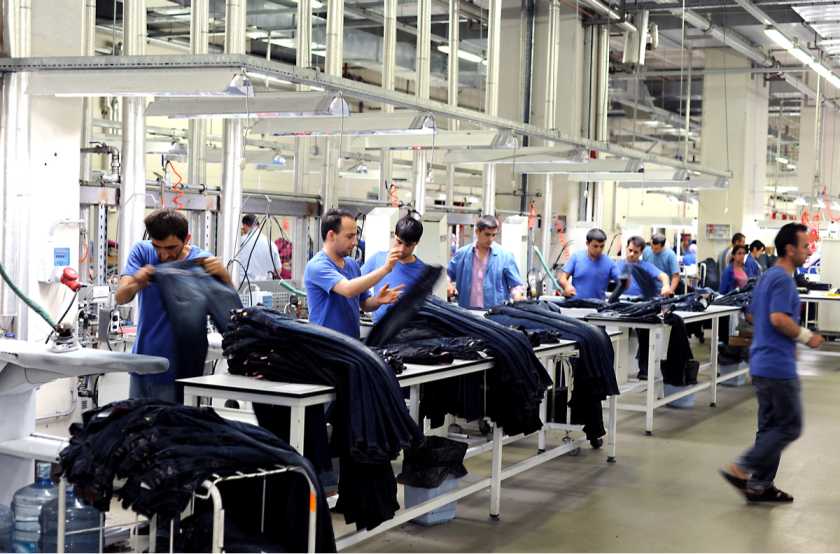5 Ways the second wave of Covid is likely to affect the textile and apparel industry in India



As the second wave of Covid-19 washed over the nation causing an unimaginable wreck and collapsing the healthcare system, the textile and apparel industry suffered a hard hit. The industry contributes approximately 15% to the country’s export earnings and 2% to the GDP. Over the first few weeks of April 2021, major manufacturing hubs including Gujarat, Tirupur, and Madhya Pradesh experienced a drastic fall in demand and production, and the condition is expected to worsen unless the effects of the pandemic are curbed strategically.
Labor shortage

The industry faced an acute shortage of labor last year when the workers migrated in the wake of the pandemic. While the situation was starting to get back to normal with the return of the majority of laborers, states like Gujarat reported that there still remained a 20% gap in labor supply. Fear regarding the second wave is once again causing the laborers to migrate and this has radically reduced the production capacities of the factories. According to Ashok Jirawala, the President of Federation of Gujarat Weavers Association, over the past month and a half, fabric production has dropped by 1 crore meter per day. The mills are left with no choice but to hire temporary workers who are charging relatively higher wages, causing yet another headache for the factory owners.
Restriction on working hours
Apart from the acute shortage of labor, the curfews and lockdowns imposed across different states have also adversely affected production. Compared to March 2020, fabric productions have fallen by 22% in Gujarat and there are apprehensions that they might go down by 50% in the near future. The picture is quite similar in Madhya Pradesh and other states. In Tirupur, for instance, the night curfews have been limiting the movements of the workers who work for the larger factories, affecting production in the process.
Fall in demand in the international and domestic markets
In terms of value, US and EU account for almost 60% of textile and apparel exports from India. Manufacturers claim that they had existing export orders for another 4 to 6 months on their hands but presently, the orders are being cancelled because slowed production has been causing delays in delivery and other disruptions. Bans on transportation is another reason why brands are reallocating production to local sources instead of outsourcing it. The domestic market has also been showing similar trends. With shops being shut and market lockdowns being prevalent in Bihar, Maharashtra, and Madhya Pradesh, the manufacturers have been noting a fall in domestic demands.
Skyrocketing yarn prices

A recent report published by Times of India suggested that over the past five months, the price of yarn has increased almost 60 to 70% in Tirupur, with prices of rubber yarns doubling from Rs 420 to Rs 800. Manufacturers are struggling with cost estimations since the yarn prices are changing almost five times a month. The profit margins have been affected as a result and exporters are experiencing a reduction in their margins from 15% - 30% to 5% to 10%. As for MSMEs, they are often working with zero profit margins or suffering from losses.
Increased Covid cases among manufacturing workers
Apart from the industry-related issues, rising Covid cases among manufacturers and workers is itself a matter of concern. With the number of new cases exceeding 3 lakhs per day, a lot of stakeholders from the industry have also been directly impacted, which has not only disrupted the operations but has also caused them financial and emotional distress. The situation looks grim at present but there remains the hope that mass vaccination will be able to bring things under control.



















